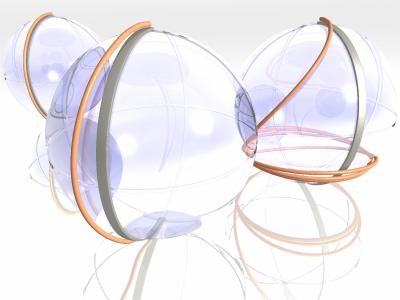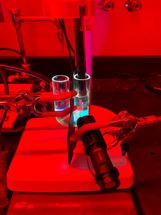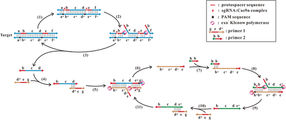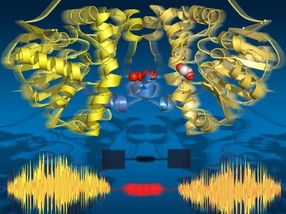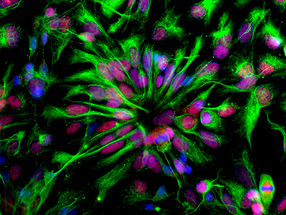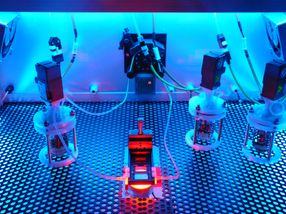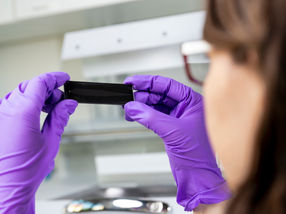Wiley InterScience Launches New Organic Reactions Database
Wiley InterScience announced the launch of organic reactions, a comprehensive new database devoted exclusively to important synthetic reactions.
Based on the series widely considered to be the resource for organic chemists, the Organic Reactions database offers chemists even greater research capabilities by providing faster research paths, and presenting the content in a structure, substructure, and reaction-searchable format.
Organic Reactions presents chemistry from a preparative point of view, with a focus on reaction limitations, interfering influences, the effects of chemical structure, and the selection of experimental conditions. The database includes detailed procedures that illustrate the significant modifications of the chemical reaction, and tables that include all the pertinent examples of the reaction. Each reaction is presented with information about the reaction conditions, products and yields where available, and is fully referenced to the primary literature.
Key features of Organic Reactions include the following:
Structure and Substructure Search - Users are able to search across the database for a chemical structure or substructure by using their choice of familiar chemical drawing software (ChemDraw, ISIS Draw), either by creating a new structure or cutting and pasting from research papers.
Reaction Search - Users are able to search across the database for a specific chemical reaction or sub- reaction using familiar chemical drawing software.
Real-time, Enhanced, Full-Text Searching Capabilities - Users are able to perform real-time, full-text searches as well as search by CAS RN, chemical name, and sort by publication year, yield of reaction, and other such properties.
Evolving Product of Critically Selected Content - The initial database will consist of the content from the Organic Reactions series, volumes 25 to the present. The total number of reactions included in the first year will be 75,000; total number of reactions included in the second year will be 105,000; and the total number of reactions in the third year will be 135,000.
An explanation of the scope and limits of the reaction type will also be included. Cross-Ref will enable linking to primary literature references regardless of the publisher's identity, and internal links to Wiley's other databases, such as Organic Syntheses, will be added in future enhancements, so the paths between databases will be facilitated seamlessly.
New data will be added to Organic Reactions on a continuous basis, providing users with the most current and authoritative information available. The data will be collected and edited by Larry Overman, Editor-in-Chief of the Organic Reactions series, in cooperation with the Organic Reactions editorial and advisory board of approximately 50 world-renowned contributors from the organic chemistry community.
Most read news
Other news from the department research and development
These products might interest you

Limsophy by AAC Infotray
Optimise your laboratory processes with Limsophy LIMS
Seamless integration and process optimisation in laboratory data management

LAUDA.LIVE by LAUDA
LAUDA.LIVE - The digital platform for your device management
Comprehensive fleet management options for every LAUDA device - with and without IoT connectivity

ZEISS ZEN core by Carl Zeiss
ZEISS ZEN core - Your Software suite for connected microscopy in laboratory and production
The comprehensive solution for imaging, segmentation, data storage and analysis
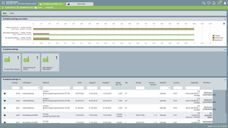
ERP-Software GUS-OS Suite by GUS
Holistic ERP solution for companies in the process industry
Integrate all departments for seamless collaboration
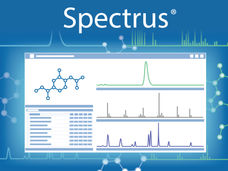
ACD Spectrus Platform by ACD/Labs
Software for Analytical Data Handling in R&D
Standardized Analytical Data Processing & Knowledge Management

Get the chemical industry in your inbox
By submitting this form you agree that LUMITOS AG will send you the newsletter(s) selected above by email. Your data will not be passed on to third parties. Your data will be stored and processed in accordance with our data protection regulations. LUMITOS may contact you by email for the purpose of advertising or market and opinion surveys. You can revoke your consent at any time without giving reasons to LUMITOS AG, Ernst-Augustin-Str. 2, 12489 Berlin, Germany or by e-mail at revoke@lumitos.com with effect for the future. In addition, each email contains a link to unsubscribe from the corresponding newsletter.
